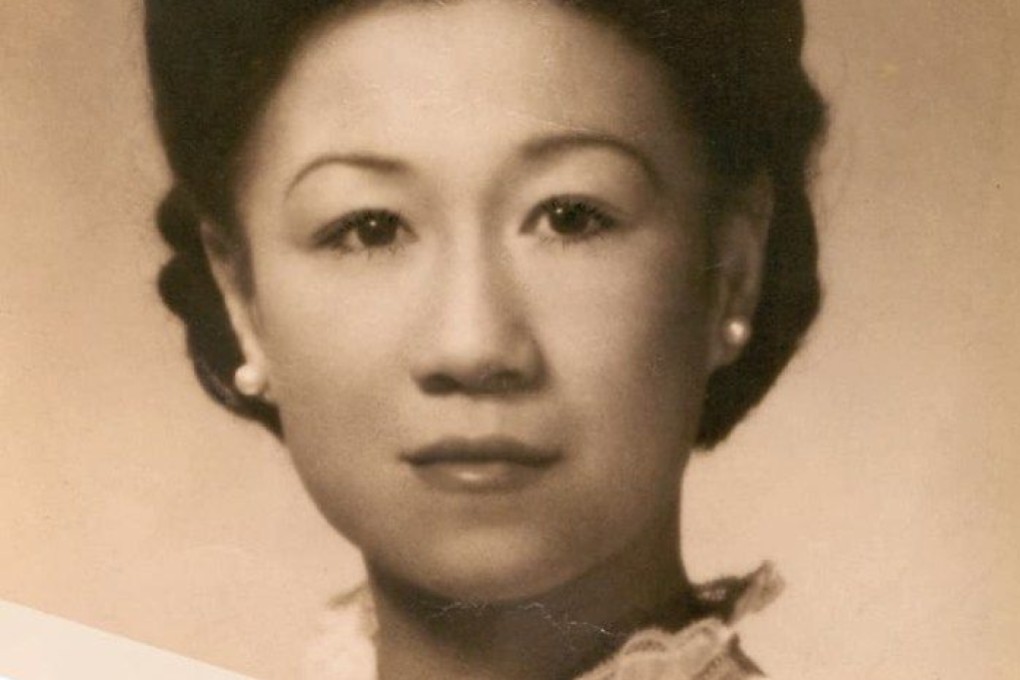A pregnant ex-prisoner of war’s anxious life in a Hong Kong camp after Japan’s World War II surrender
- An excerpt from Searching for Billie sheds light on the life of the author’s mother at Hong Kong’s Stanley camp during the chaos at the end of World War II

Ian Gill’s first visit to Hong Kong, in 1975, took an unexpected turn when he met the friends, colleagues and fellow ex-prisoners of war of his mother, Louise Mary “Billie” Gill, lifting the veil on her tumultuous past in Hong Kong and Shanghai.
In this excerpt from his book Searching for Billie, he describes the bittersweet period after liberation from internment:
With the Japanese still around, George Giffen and Henry “Harry” Ching camped in the office, with George regretting he had not brought his bedding from Stanley (internment camp). They were not friends, but George thought highly of the Australian-born Eurasian editor.

“Ching was a fine chap, he had integrity and I respected him,” George said. “In the office [of the South China Morning Post, in Wyndham Street], his favourites were Australians. He liked their rough style. He had no time for the English chaps and I was the only English fellow then.
“He told me he had had a lousy time in the war; he was beaten up by everybody.”